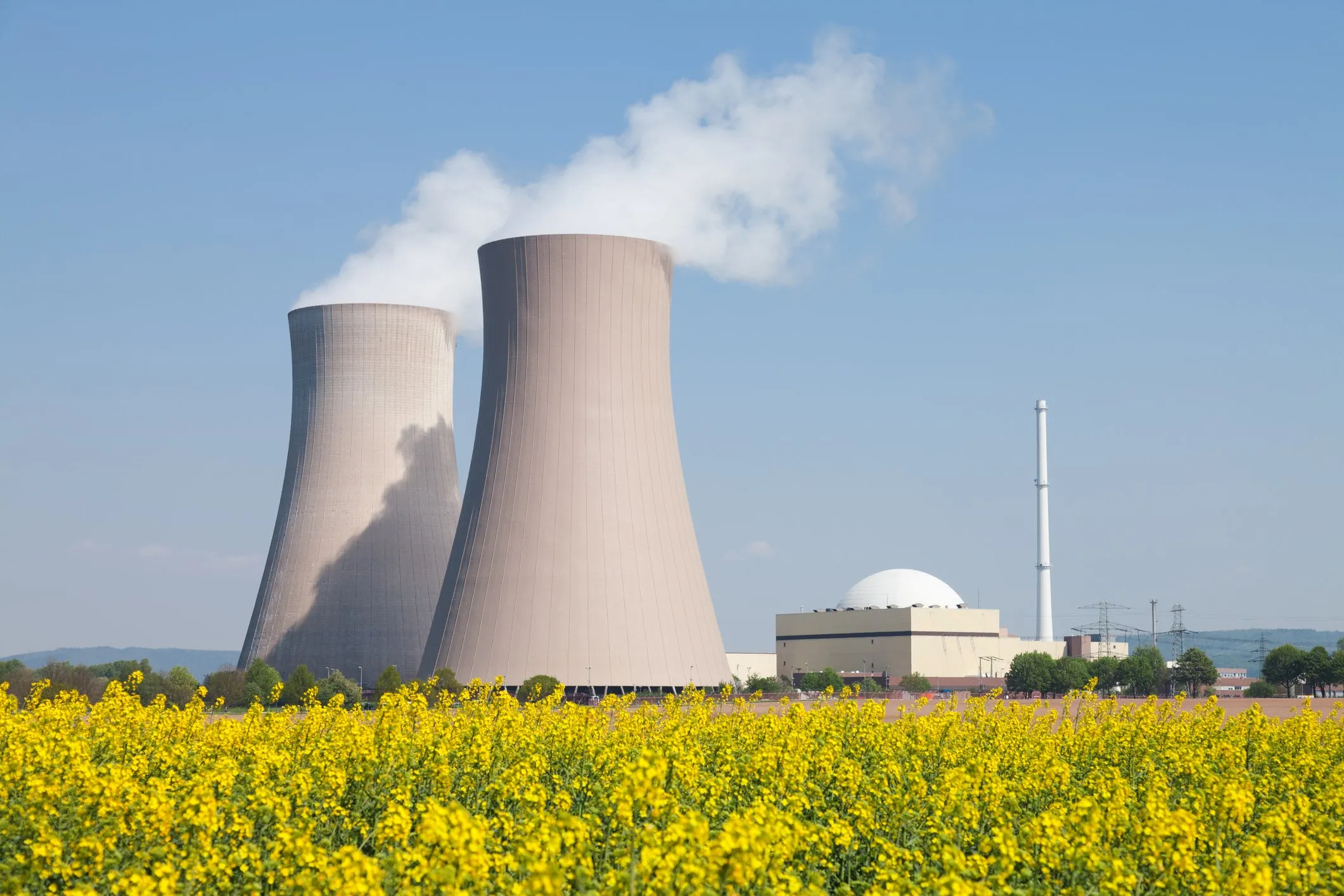Bulgaria Expands Nuclear Power Generation with New Reactors as an alternative to fossil fuels. The government recently initiated the construction of two additional reactors at its sole nuclear power plant, Kozloduy. These reactors, utilizing Westinghouse’s advanced technology, are poised to deliver a combined capacity of 2,300 megawatts. This development represents a pivotal shift in Bulgaria’s energy strategy, aimed at reducing its dependence on fossil fuels and enhancing energy security.
U.S.-based nuclear equipment manufacturer Westinghouse Electric Co. signed an agreement earlier this year with the Kozloduy plant, paving the way for the deployment of one or two AP1000 pressurized water reactor units. Prime Minister Nikolay Denkov confirmed that an initial allocation of 250 million euros (approximately $270 million) has been set aside for this ambitious project. The first reactor is projected to be operational by 2033, with the second reactor expected to follow within two to three years.
Currently, Bulgaria’s energy landscape relies on two Russian-designed VVER-1000 reactors, each generating 1,000 MW of electricity at the Kozloduy facility. Together, these reactors account for roughly one-third of the country’s electricity production. While their operational licenses are set to expire in 2027 and 2029, there’s a possibility of extending their operation, subject to regulatory approval.
Bulgaria’s history with nuclear energy has been marked by the closure of four older VVER-440 units in 2006 as a condition for the country’s accession to the European Union. However, the new reactors’ collective capacity is set to significantly surpass the 1,760 MW capacity of the retired units, ensuring greater energy output for the nation.
Prime Minister Denkov emphasized that the new reactor technology is well-suited for maintaining a stable energy system. This move towards nuclear expansion also aligns with Bulgaria’s efforts to diversify its energy sources and reduce its reliance on Russia, especially in the wake of Russia’s invasion of Ukraine.
As part of these diversification efforts, Bulgaria inked agreements last year with international partners, including France’s Framatome and Westinghouse Electric, to receive fresh nuclear fuel for its existing reactors.
Also read: SuedLink Power Transmission Line Takes Shape
The construction of these two new reactors at the Kozloduy nuclear power plant marks a significant step forward in Bulgaria’s pursuit of sustainable, secure, and diversified energy sources. The energy ministry will soon initiate the selection of a contractor for the design, construction, and commissioning of the seventh and eighth power units at the site. The construction of the seventh unit is anticipated to be completed by 2033 and will be funded with an additional 500 million leva (approximately $270.7 million), in addition to previously allocated funds.
Prime Minister Denkov emphasized the importance of this decision, especially considering the country’s past commitments and future energy needs. The eighth unit’s construction will follow and is expected to be operational “2-3 years” after Reactor VII, further enhancing Bulgaria’s energy production capacity.
The combined power output of these two reactors, totaling 2,300 megawatts, promises to provide a substantial boost to Bulgaria’s energy production. This capacity notably exceeds that of the closed first to fourth units of the Kozloduy nuclear power plant.
Furthermore, Bulgaria is actively engaging in partnerships to ensure the success of this expansion. Westinghouse is already involved in preliminary engineering activities, and several Bulgarian companies are participating as subcontractors in the project.
In a recent development, Greece has expressed interest in investing or entering into long-term electricity purchase contracts with the Kozloduy plant, potentially solidifying Bulgaria’s energy diversification efforts.
The Kozloduy nuclear power plant, as the largest producer of electrical energy in Bulgaria, plays a crucial role in the nation’s energy sector. This expansion project not only supports Bulgaria’s energy security but also aligns with its commitment to reducing reliance on fossil fuels and fostering a sustainable energy future.

